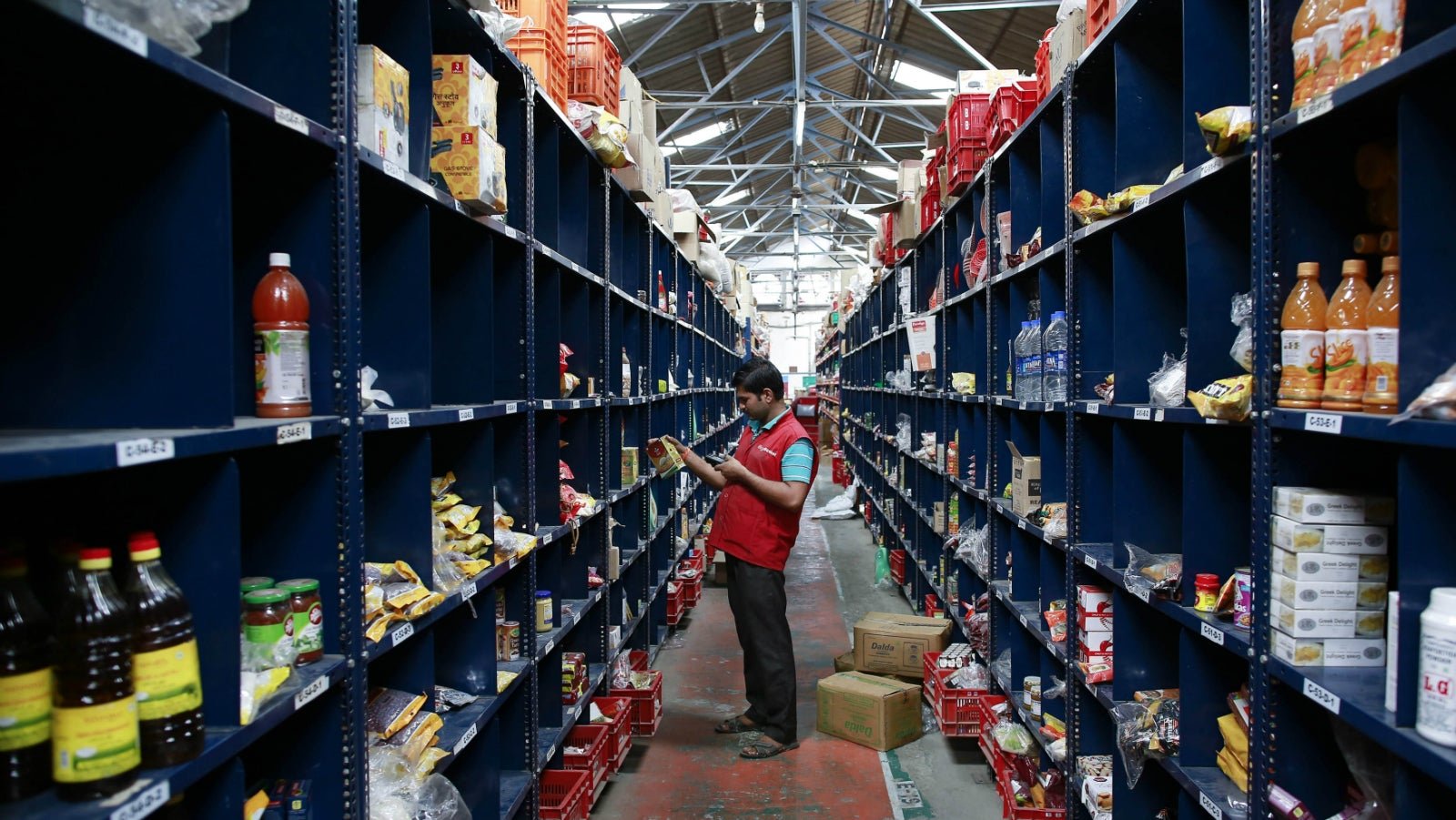For some Indian consumer goods firms, the sweet spot is under the arms
Deodorant makers simply love the smell of India’s sticky, sweaty summers.


Deodorant makers simply love the smell of India’s sticky, sweaty summers.
In the last five years, their Rs3,000 crore ($460 million) market in the country grew by 30% (CAGR) and, in the next five, is likely to expand at an average of 27.5%. This makes deodorants one of the fastest-growing categories in the country’s consumer good sector, albeit at a smaller base, suggest estimates by financial services company Nomura.
“We see future growth forecasts for discretionary categories such as colour cosmetics, baby food, deodorants, instant noodles, and the likes being significantly higher,” Nomura said in a note dated March 08, citing numbers from Euromonitor, as well as its own survey.
In a hot and humid country like India, where certain regions remain warm throughout the year, deodorants are turning into a necessity, especially as younger and more discerning Indians step up their grooming routines.
Deodorants as a category has limited reach—only some Indian households actually use them, while some have never bought a bottle. However, over the past few years, their use has reached a respectable level, Nomura noted.
Scores of big and small companies have, thus, rushed in to tap the demand, often with bottles and cans priced between Rs150 and Rs250 for 150 ml. This includes companies such as ITC (Engage), Marico (Set Wet), Emami (He), Nivea, Godrej (Cinthol), Hindustan Unilever (Axe and Dove), Vini cosmetics (Fogg deodorants), and Kolkata-based McNROE.
Given such heightened competition, the note said, some companies have not been able “to realise the growth they had envisaged.”
Nevertheless, hot and sweaty Indians are good news, it seems.